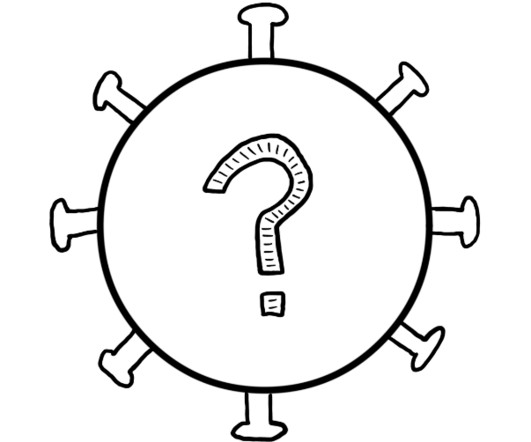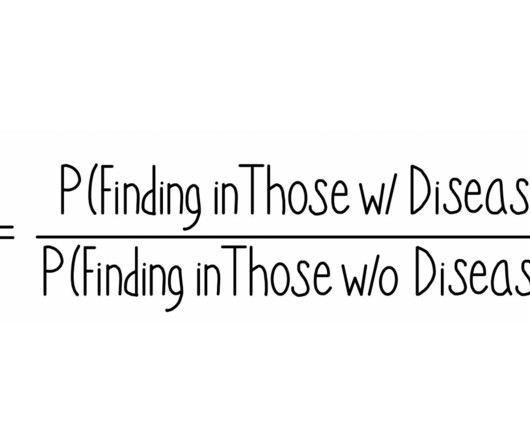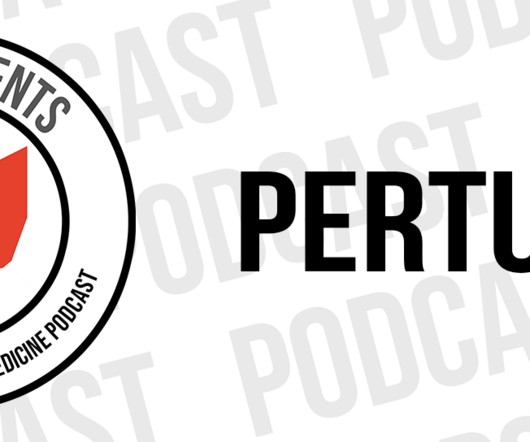Reasoning during the COVID-19 pandemic
The Clinical Problem Solvers
MAY 14, 2020
No prior history of atrial fibrillation – just hypertension and diabetes. As described by my friend Jack Penner elsewhere in this blog series, a core tenet of analytic reasoning involves interpretation of the pretest and posttest probabilities of a disease. We walked down to the emergency room and reviewed his chart.












Let's personalize your content